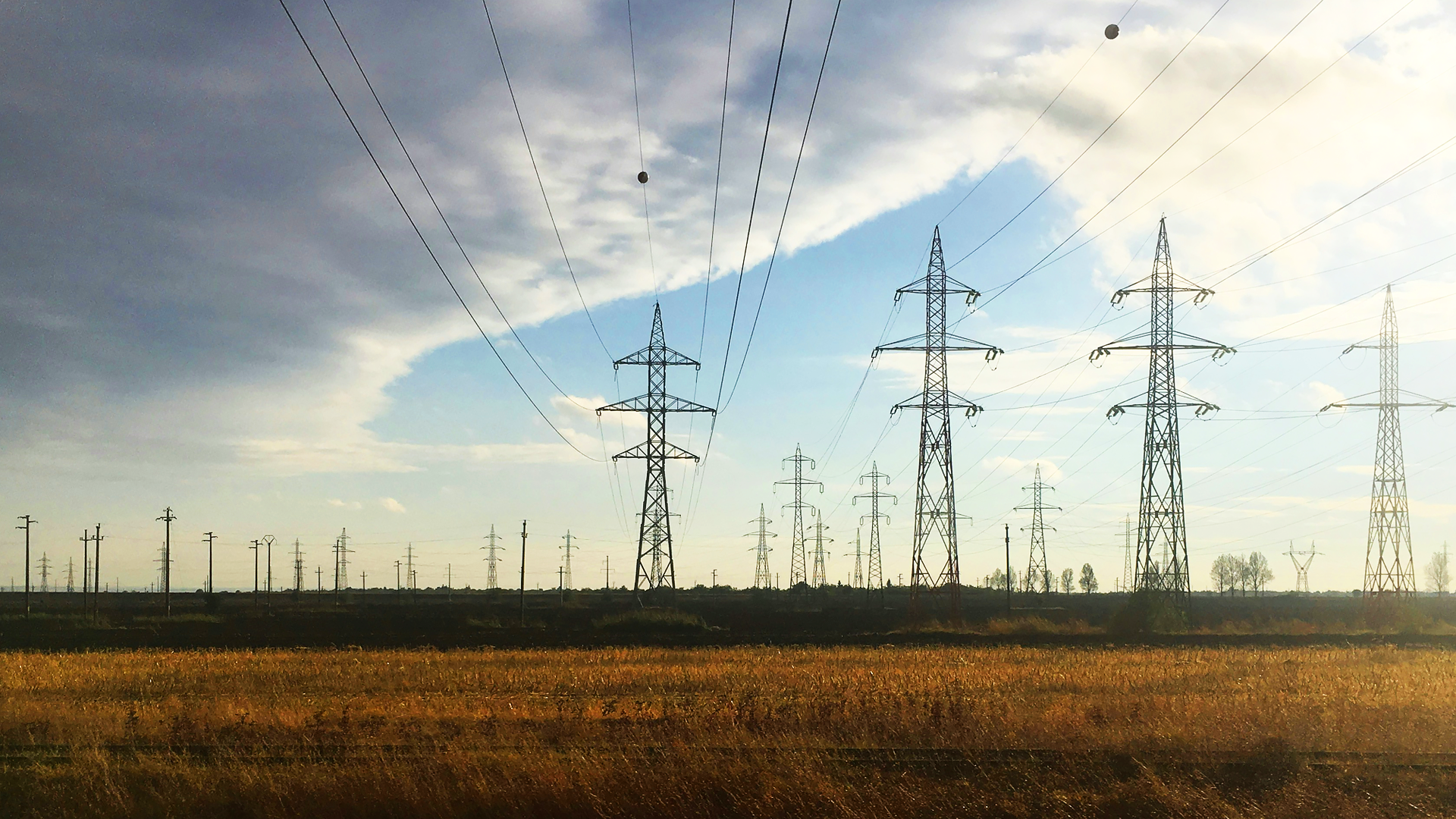Last month’s blackout in Spain and Portugal highlights a crucial yet a vital link to France – one that impacts not only Iberian energy security but also the EU’s. Portugal is pushing France to improve its power grid.
The Iberian Peninsula was plunged into darkness last month as a major blackout struck the region, impacting Portugal, Spain, and certain areas of southwestern France.
The event started with a failure at a substation in Granada, Spain, triggering a chain reaction of grid failures in other provinces. Within seconds, Spain’s connection to France’s electrical grid was lost, causing the Iberian grid to collapse and become isolated from the rest of Europe.
Though the blackout lasted for an estimated ten hours in most areas, it was reported that other parts of the region experienced even longer disruptions. With the total disconnected load report being 30 Gigawatts, this event became one of the largest blackouts in European history. Emergency electricity support was received by Spain and Portugal from neighbouring countries such as France and Morocco.
The outage resulted in major disruptions to everyday life, from planes being grounded to hospitals having to switch to back-up generators. Foul play was denied as a cause of the outage, but the source of the event is still under investigation.
As a result of this incident, Portugal has taken on efforts to actively press France into improving its cross-border electricity interconnections. Recently, it even involved the European Union, citing the issue as a European problem and not just a dispute between neighbouring countries.
France is the only country that physically links the Iberian Peninsula’s electricity grid to the rest of Europe. This means that, based on the existing infrastructure, all imported and exported electricity that flows between the Iberian Peninsula and the rest of the European grid must pass through France. Hence, there are no direct interconnections from Portugal to other EU countries except via Spain, then France.
This setup forces Portugal and Spain to rely on France to balance the supply and demand of energy to maintain grid stability. The limited capacity of the France-Spain interconnection causes a bottleneck affecting the region’s energy security and market integration.
So, coming back to Portugal and the EU, the former argues that having strong electrical connections is essential for the entirety of the region’s market to function effectively. The EU even set targets for how much electricity countries should be able to import and export to ensure a connected market.




















